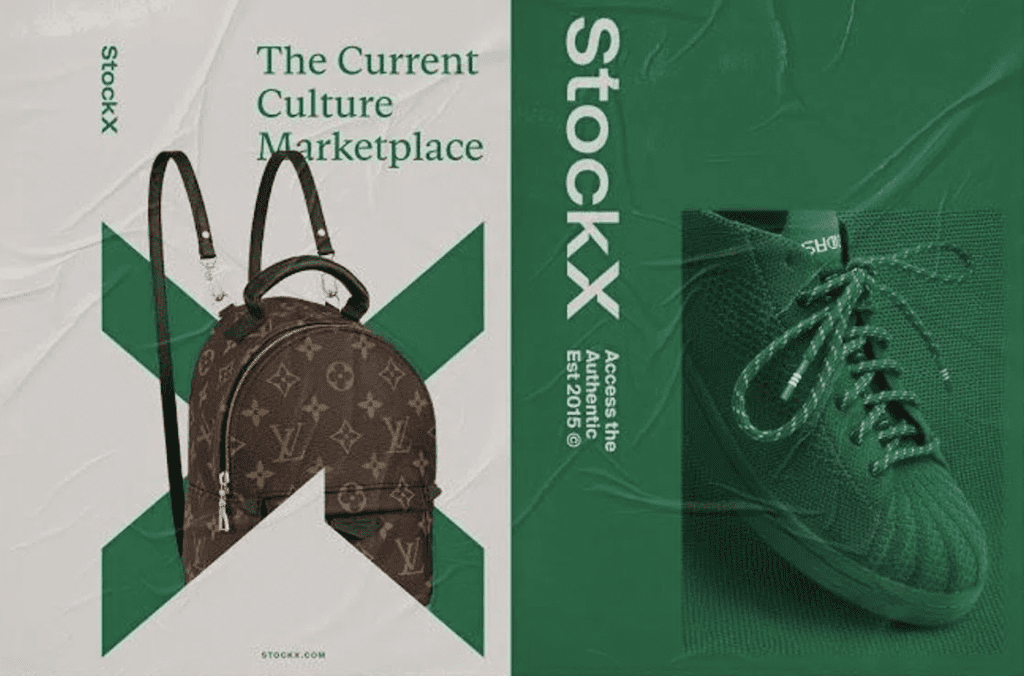The closely-watched lawsuit that Nike filed against StockX over its sale of non-fungible tokens (“NFTs”) has seemingly spawned a separate but related lawsuit that accuses the fashion and footwear marketplace of misleading consumers about the nature of its offerings. On the heels of Nike first alerting a New York federal court that it was looking to amend the initial complaint that it filed against StockX to include claims of counterfeiting and false advertising on the basis that StockX guarantees its offerings “as ‘100% Verified Authentic’ based on its ‘proprietary’ authentication process when they are not,” an individual plaintiff lodged a proposed class action complaint – that piggybacks on such allegations – against StockX.
According to the complaint that he filed with a federal court in Miami on May 13, Heriberto Valiente claims that while he “believed and expected that the products bought and sold on the [StockX] platform were 100% authentic … credible reports indicate that a significant percentage of the items sold through StockX are not ‘100% Verified Authentic,’ but counterfeit.” In addition to its “sale of allegedly non-authentic items” (which StockX denied in response to Nike’s amended complaint), Valiente claims that StockX “recently began selling Vault NFTs, linked to corresponding physical pairs of collectible sneakers held in its facilities.”
Taking issue with the NFTs, Valiente points to a “recent” – but otherwise unspecified – “story by Input Magazine [that] detailed several reasons why the Vault NFTs are of limited to no value.” Among other things, Valiente contends that “despite promises [from StockX] that the purchaser may redeem the NFTs at any time, the ‘redemption process is not currently available;’” “many of the products corresponding to the NFTs do not presently exist;” the “NFTs are sold at several times the value of the physical products they are linked to;” and StockX “retains the right to ‘redeem’ the NFTs for an undefined ‘Experiential Component,’ consisting of vaguely defined ‘experiences’ in place of tangible goods.”
Beyond that, Valiente alleges that “consumers purchasing the Vault NFTs believe incorrectly that it is partnering with global sneaker brands such as Nike and Adidas for NFTs relating to their sneakers.” He claims that such alleged confusion about the nature of the NFTs is “evident through discussion on the internet and in social media,” including a comment from “one Twitter user [who] was curious if the StockX Vault NFTs were ‘endorsed/approved by Nike/Adidas etc. [and] wondered whether Nike had granted StockX a license’ to use the branding of those companies. Another commenter, according to Valiente “incorrectly believed that ‘Nike gets a small commission every time an NFT is purchased [from StockX’s Vault].’” (Both of these comments were highlighted by Nike in its complaint in February.)
While StockX’s “association with market leading sneaker companies” by way of the Vault NFTs “assured consumers that what they were purchasing had value, backed by large established companies,” per Valiente, he claims that the marketplace’s “false and misleading representations and omissions” have resulted in the value of the products that he “purchased or sold [being] materially less than its value as represented by StockX.” (If nothing else, this has to be a weak claim with regard to the NFTs, which have been routinely characterized as a highly speculative asset with questionable value – if any.)
Specifically, Valiente claims that the “price [of StockX offerings] was inflated by the false expectation that all items sold through the platform were authentic and that the StockX Vault NFTs had value.”
More than merely “inflating the prices” of offerings on the StockX site, Valiente argues that “the fees charged by [StockX] were higher than they would have been” – and StockX “sold more of the products and at higher prices than it would have” – had consumers known “that a significant number and/or percentage of items on its site were not 100% authentic.” Not only are StockX’s products “sold for a price premium compared to other similar products,” Valiente claims that its prices are “higher they would otherwise be sold for, absent the misleading representations and omissions prices than about the platform’s ability to independently verify the items it sold and the value of the NFTs.” As a result, he asserts that StockX generated “additional profits at the expense of consumers.”
With the foregoing in mind, Valiente sets out claims under the Florida Deceptive and Unfair Trade Practices Act and other state consumer fraud statutes, arguing that StockX’s “misrepresented the products and platform through statements, omissions, ambiguities, half-truths and/or actions” and that such “false, misleading and deceptive representations and omissions are material in that they are likely to influence consumer purchasing decisions.” He also alleges that StockX is also on the hook for breach of express warranty for “expressly and impliedly warrant[ing] that the items bought and sold on the platform were 100% authentic without any counterfeits,” as well as fraud and negligent misrepresentation.
In addition to seeking preliminary and permanent injunctive relief aimed at “directing [StockX] to correct the challenged practices to comply with the law” and monetary damages in an amount that exceeds $5 million, Valiente wants the court to certify the proposed class action lawsuit to enable other individuals to join in the lawsuit against StockX.
A rep for StockX was not immediately available for comment on the Valiente complaint, but stated recently in response to counterfeiting allegations that “StockX was built to make the secondary market safer and more efficient for consumers. We have invested millions of dollars to fight the proliferation of counterfeit goods and today have one of the most rigorous authentication processes among marketplaces.”
The case is Valiente v. StockX, Inc., 1:22-cv-21489 (S.D. Fla.)











